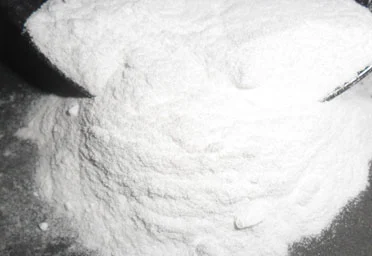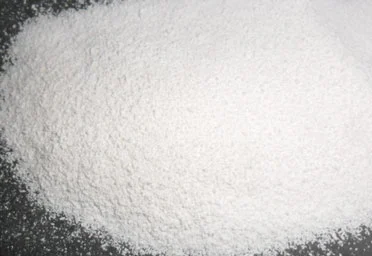Soda Ash was produced by chemical reaction with sodium chloride, ammonia and water as starting materials under certain conditions. Also known as washing soda and soda crystals, all forms are white water-soluble salts. All forms have a strong alkaline taste and produce a moderately alkaline solution in water.


pH Adjustment: Soda ash is used to raise the pH of acidic water. By adding soda ash, the water's pH can be increased to a more neutral or alkaline level, which helps prevent corrosion of pipes and plumbing fixtures.
Water Softening: In regions where water is hard due to high levels of calcium and magnesium ions, soda ash can be added to precipitate these ions as insoluble carbonates. This process, known as precipitation softening, helps reduce the hardness of water, preventing scale buildup in pipes, appliances, and water heaters.
Coagulant Aid: In water treatment processes involving coagulation and flocculation, soda ash can be used as a coagulant aid to improve the effectiveness of coagulants such as aluminum sulfate (alum) or ferric chloride. This type of inorganic metal salts help enhance particle agglomeration and settling, leading to clearer water.
pH Buffering: Soda ash acts as a pH buffer, helping to stabilize the pH of treated water and prevent rapid fluctuations in acidity or alkalinity. This is particularly important in maintaining the effectiveness of disinfection processes, such as chlorination.
Precipitant for Heavy Metals: In certain water treatment applications, soda ash can be used as a precipitant to remove heavy metals like lead, copper, and zinc from wastewater. The addition of soda ash helps raise the pH and promote the precipitation of these metals as insoluble hydroxides or carbonates, allowing for their removal through sedimentation or filtration processes.

Soda Ash, or sodium carbonate, can be obtained from both natural and synthetic sources. The primary natural sources are trona ore deposits and sodium carbonate-rich brine solutions. Trona is a mineral mined from underground deposits, primarily in regions like Green River Basin in Wyoming, USA.
The synthetic method involves the Solvay process, where sodium chloride (salt) and limestone are chemically processed to produce sodium carbonate.
Soda Ash is a crucial raw material in the glass industry. It is used as a flux in glass manufacturing, facilitating the melting of silica (sand) at lower temperatures and promoting the formation of a stable glass melt. Additionally, Soda Ash helps control the viscosity of the glass melt, making it easier to shape and form into glass products.
The presence of soda (sodium oxide) in glass compositions also enhances certain desirable properties, such as the durability and solubility of the glass.
The production and use of Soda Ash do have environmental considerations. Mining trona ore and extracting sodium carbonate from brine solutions can impact ecosystems and water resources. The Solvay process, while synthetic, involves chemical reactions and energy consumption. However, the industry has implemented measures to address environmental concerns. Notably, the Solvay process is continuously improved for energy efficiency, and sustainable mining practices are encouraged.
Additionally, the use of Soda Ash in certain applications, such as in cleaning and water treatment, may raise concerns about its environmental impact. It is crucial for manufacturers and users to adhere to environmental regulations, adopt sustainable practices, and explore alternative, eco-friendly options where possible. Overall, the soda ash industry is aware of environmental considerations and works towards minimizing its ecological footprint.
